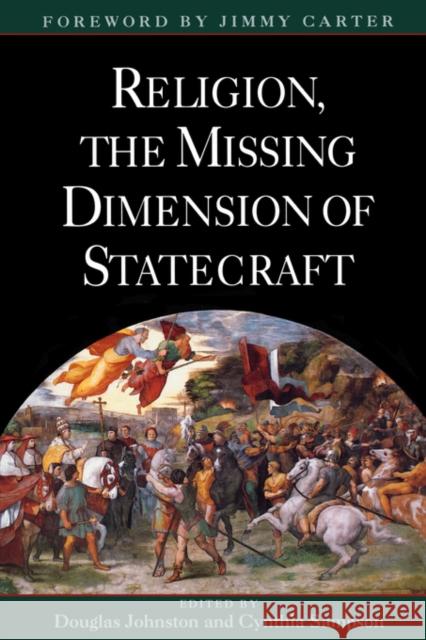Religion, the Missing Dimension of Statecraft » książka
topmenu
Religion, the Missing Dimension of Statecraft
ISBN-13: 9780195102802 / Angielski / Miękka / 1995 / 368 str.
As the Cold War era becomes history, we are entering an age when international conflict is increasingly based on racial, ethnic, national, and religious clashes--the most intractable sources of conflict, and those with which conventional diplomacy is least suited to deal. The particularly American tendency to separate political from spiritual life often tends to ignore a vital aspect of international relations--one that can be a powerful tool in negotiations. Religion plays a crucial role in many international conflicts, yet for the most part, diplomacy either ignores or misunderstands its role.
This unified collection of case studies and theoretical pieces attempts to restore this missing dimension to its rightful place in the conduct of international diplomacy. Sponsored by the Center for Strategic and International Studies in Washington, D.C., this study offers the first systematic account of modern cases in which religious or spiritual factors have played a helpful role in preventing or resolving conflict and achieving non-violent socio-political change. Written by a distinguished roster of scholars, the cases presented span the globe, with examples from Europe, Central America, Asia, and Africa. Additional essays summarize the findings of these case studies to bring out their implications for foreign policy and the religious community. In the Foreword, former President Jimmy Carter states that the book "poses a challenge to diplomats and politicians, religious figures and laypersons, analysts and academics alike." Conceived to help call attention to and reinforce the positive contribution that religious and spiritual influences can bring to peacemaking, this important study offers practical guidelines for the future application of this kind of peacemaking in existing and incipient conflict situations.










